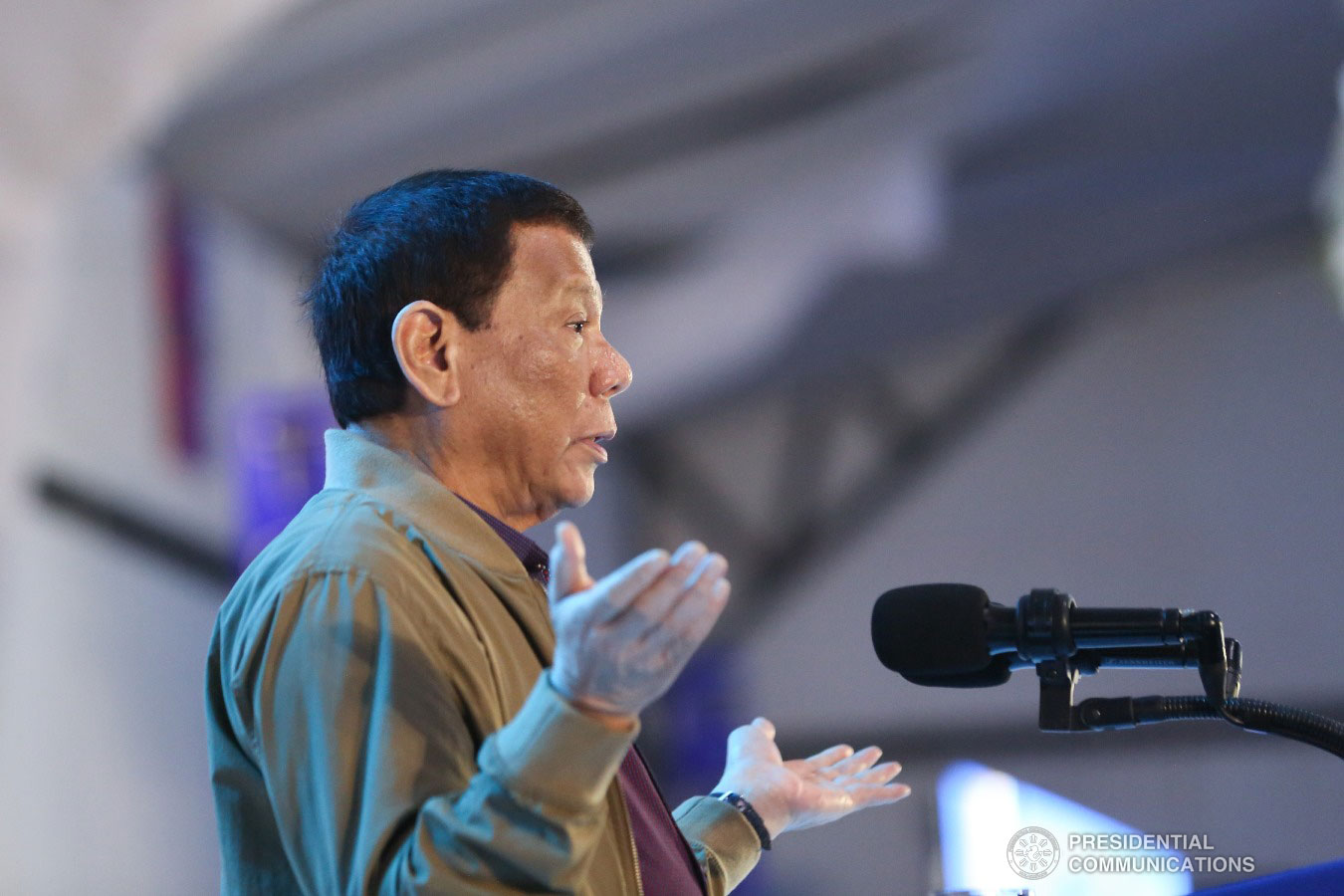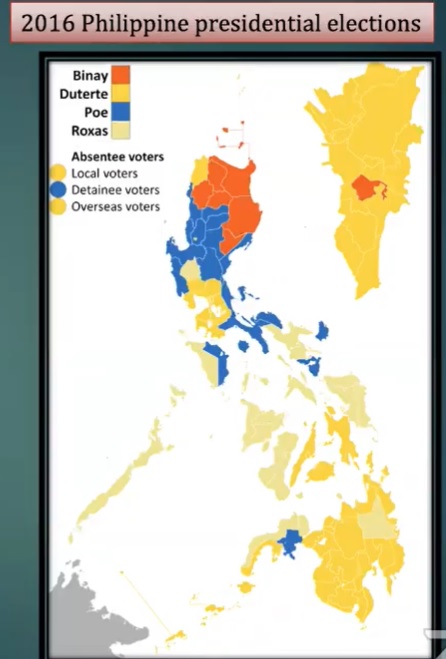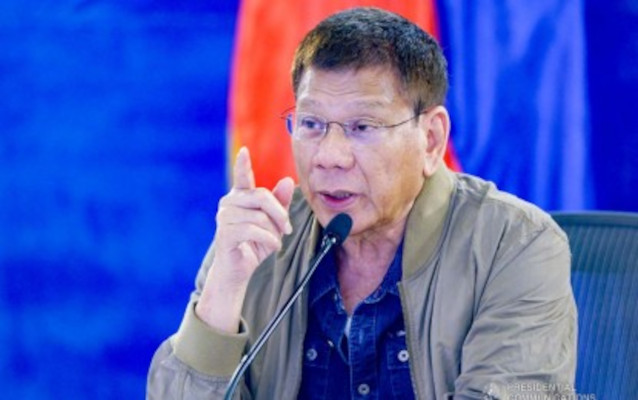
By JAKE SORIANO
![]() DURING the CNN-sponsored vice presidential debate Sunday, five of the six candidates talked about their proposed plans to achieve lasting peace in Mindanao.
DURING the CNN-sponsored vice presidential debate Sunday, five of the six candidates talked about their proposed plans to achieve lasting peace in Mindanao.
No one mentioned how they and their running mates intend to implement the peace agreements already signed by the Philippine government.
Sen. Ferdinand Marcos Jr. proposed to “continue” the peace process.
“The way towards a true and lasting peace in Muslim Mindanao is to continue the peace process,” Marcos said.
He added, bringing up the threat posed by ISIS: “Kung hindi po natin ipagpatuloy ang proseso ng kapayapaan, at hindi po tayo magkasundo sa ating mga kapatid na Muslim, ay mas madali silang pumasok dito at dalhin ang karahasan na dinadala nila sa ibang bansa (If we do not continue the peace process, and we do not make peace with our Muslim brothers and sisters, ISIS will easily penetrate the country and spread violence, like they do in other countries).”
Sen. Antonio Trillanes IV had a similar response, and proposed peace negotiations instead of all-out war.
“The only way to deal with the secessionist problem is through the negotiating table,” Trillanes said.
“Babalik tayo dito sa (We will return to the) negotiating table,” he added.
Yet, the Philippine government had already signed, after years of negotiations, peace deals to address the situation in Mindanao.
In 1996, the final peace agreement on the implementation of the 1976 Tripoli Agreement between the Philippine government and the Moro National Liberation Front (MNLF) was signed.
The same year, MNLF Chair Nur Misuari was elected governor of the Autonomous Region in Muslim Mindanao (ARMM).
Also around the same time, negotiations began between the Philippine government and the Moro Islamic Liberation Front (MILF), which had splintered from the MNLF in 1984.
The peace process was interrupted when former Pres. Joseph Estrada declared and carried out an all-out war against the MILF.
Talks resumed under the administration of former President Gloria Macapagal-Arroyo, and in 2008, a Memorandum of Agreement on Ancestral Domain (MOA-AD), which would expand the ARMM, was scheduled to be signed by the Philippine government and the MILF.
The Supreme Court however declared the MOA-AD unconstitutional.
In 2014, under the administration of President Benigno Aquino III, the Philippine government and the MILF signed the Comprehensive Agreement on the Bangsamoro (CAB), a final peace deal ending 17 years of negotiations.
Implementation of the CAB stalled in the 16th Congress, which failed to legislate the agreement by creating the Bangsamoro, a more autonomous political entity that would replace the ARMM.
Marcos was the sponsor in the Senate of the Basic Law for the Bangsamoro Autonomous Region (BLBAR) bill, a substitute to the proposed Bangsamoro Basic Law (BBL).
The Office of the Presidential Adviser on the Peace Process (OPAPP) had called BLBAR unconstitutional, saying it would defeat the purpose of autonomy by taking away the powers already granted to the ARMM and reducing the Bangsamoro government “to an entity akin to an ordinary local government unit.”
BLBAR did not make it past second reading in the Senate.
Sen. Alan Peter Cayetano mentioned in Sunday’s debate that the problem in Mindanao is one of poverty and “historical injustice,” but did not elaborate on the latter, and proposed federalism as a solution.
“Nothing short than federalism will solve the problem in Mindanao,” Cayetano said, before talking about political will, leadership and “equal opportunity: Luzon, Visayas, Mindanao.”
Sen. Gregorio Honasan II, saying he has talked with MILF Chair Al-Haj Murad, called for a general commitment “to the fundamentals of the peace process.”
“And we must recognize right to life, basic services, food, clothing, shelter, education, health services,” Honasan said.
Sen. Chiz Escudero gave the most general response: poverty.
“Kung pag-uusapan naman rebelyon at peace and order problem sa Mindanao, para sa akin, kahirapan ang ugat ng rebelyon. Kahirapan ang ugat ng krimen (When we talk of rebellion and the peace and order problem in Mindanao, for me, poverty is the root of rebellion. Poverty is the root of criminality),” Escudero said.
“Hangga’t hindi natin tinutugunan ang problema ng kahirapan, palaging may kriminal, palaging may rebelyon (Until we solve the problem of poverty, there will always be criminals and rebels),” he added.
Escudero went on and talked about hunger, saying he is saddened by the recent deadly dispersal of protesting farmers in Kidapawan.
He did not mention how the incident relates to the question of peace in Mindanao.
Camarines Sur 3rd District Rep. Leni Robredo did not respond to the question.






